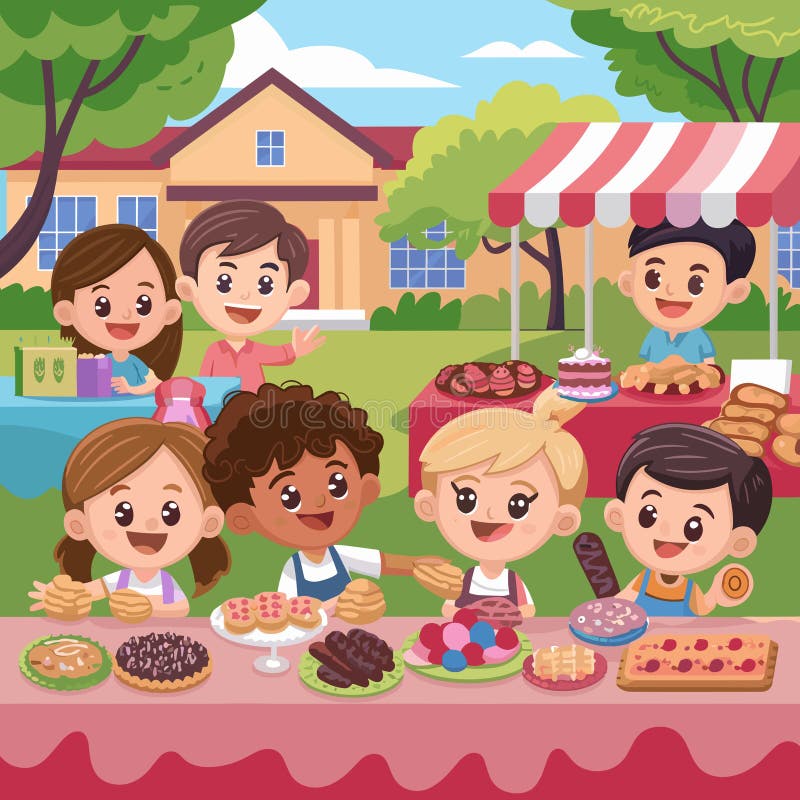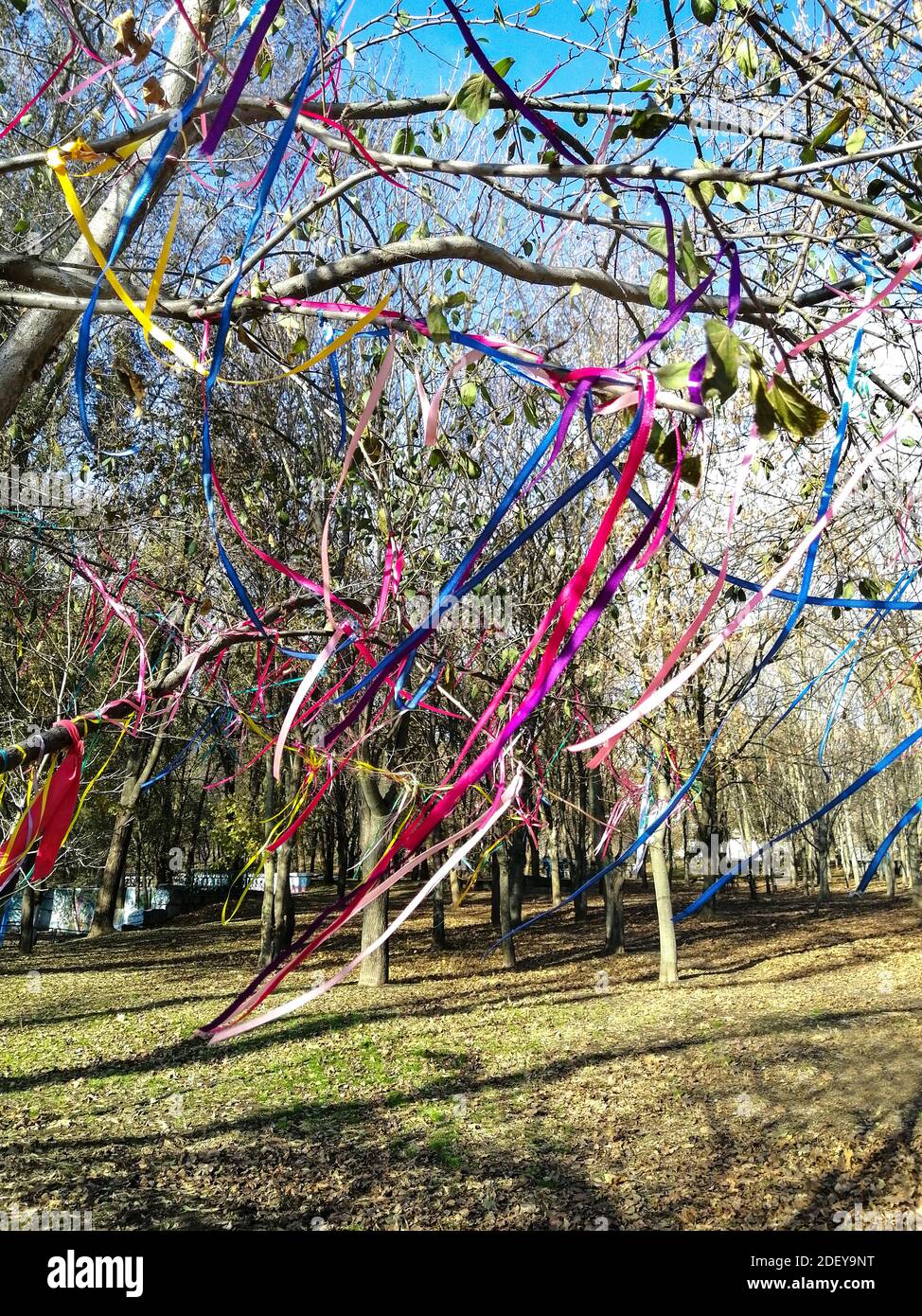
In June 2020, I penned an essay, my inaugural piece here, titled Five Things I Want To Tell My White Friends. I was reeling from the aftermath of George Floyd’s death and what seemed to me like a somewhat abrupt and intense recognition of racism in this nation. It was a necessary and overdue reckoning, but it was also somewhat overwhelming to witness how astonished and unsettled so many individuals were to acknowledge the severity of racism. A dominant sentiment of the well-intentioned liberal spirit might be articulated as: Wait a minute, has this been occurring right under our noses all along?!!
Well, indeed. And it continues. In the comforting light of the Obama era, it may have been simpler to resist or dismiss it. We can no longer afford such luxury — or delusions — now.
Recent events have served as a stark reminder of that. The underlying fears and tensions triggered by the unrelenting news cycle and political unrest have been progressively escalating since January, but for me, as a Black woman, the past few weeks have brought me to an emotional breaking point reminiscent of the summer of 2020. Without a doubt, the current situation in this nation is distressing for all, but the emotional, practical, and mental toll is significantly more profound for some of us — like Black and brown individuals, transgender people, and immigrants for whom the ramifications extend far beyond mere intellectual disputes, or sensational headlines, or “seeking common ground” or “crossing the aisle” — it’s much deeper, more instinctive. A reflection on our very humanity. It doesn’t get more intimate than that.
The escalating level of hate speech and the enthusiasm of individuals empowered to transmit it means that I, as a Black woman, must grapple with being bombarded daily with messages about how foolish, incapable, dangerous, and generally deficient I am. Worse than enduring these critiques from any singular person with a platform is the realization that it resonates with widespread beliefs. For every individual expressing these vitriolic sentiments, there are countless others silently agreeing. Or even applauding. And an institutional apparatus that delights in and legitimizes it at a national scale.
This compounds the very real, practical, and tangible concerns — Black individuals (especially women) are facing job losses at unprecedented rates due to DEI rollbacks; racial violence has reached an unprecedented high; many of us must confront terrifying inquiries: Will my marriage still be recognized legally? Will I be separated from my family? Am I safe from harm when I leave my home?
In light of all this, I want to express that many of your Black and brown friends and LGBTQ colleagues are struggling.
You might observe a colleague excelling in her role, cheerful as she presents a marketing strategy. You could notice that Latina journalist you admire producing essays and books and offering warmth during her tour. The young Arab woman whose GWWM videos you enjoy flashes a broad smile on Instagram. The trans student who just began their freshman year at college looks around the lecture hall, searching for a friendly face. It may seem like life is proceeding as usual, but I can assure you that there is a parent, colleague, or student harboring a heavy, anxious heart. I know, as that person is me. A Black woman who strives daily to manage book revisions, find time to exercise, pick up groceries, and catch up on Shrinking, all while her humanity is under threat and her value is constantly questioned.
I worry the burden of living with this degree of despair might be challenging for those who don’t experience it to grasp. Some individuals — white people, cis people — as compassionate and outraged as they may be, remain assured (safe) in the understanding that they’ll never encounter these kinds of situations or absorb this toxicity on a personal level. That’s not to diminish the authenticity of their empathy (or to dismiss it), it’s simply that it’s a different experience. White individuals do not bear the fear of becoming targets. Some may perceive the notion that we could regress to slavery as absurd, or revel in the progress we’ve made since Jim Crow, or insist that we simply need to wait for this moment to pass. However, people of color understand inherently that the sentiments — the hatred and blatant racism — that fueled those policies, laws, and mentalities do not simply linger but thrive. Thus, we feel an escalating, tangible, and justifiable fear. We recognize that the past is always a prelude.
My father, in the closing months of his life, lamented how dire things had become. This was a Black man born in 1940 who matured during (legal and de facto) segregation, which he would later work tirelessly to dismantle both personally and professionally. And with everything he’d witnessed and endured in his 84 years, he perceived, in 2024, that race relations were at their lowest point in his lifetime. That represents the despair that accompanies the loss of progress — facing a regression can be more painful than enduring the status quo. Experiencing the removal of warmth on a frigid night is almost crueler than never having known warmth at all.
That’s what complicates this moment as well — many Black and brown individuals among us dared to hold onto hope during the idyllic days of 2020, even against our better judgment, and now the familiar, yet bitter, pessimism has returned with a vengeance. We knew better. This was starkly reflected in how swiftly the nation moved on from what became a brief era of listening, learning, the calls for allyship, the marches, protests, think pieces, and bestselling books on race. When we needed them most, the voices urging for change or providing support have grown alarmingly quiet.
In the most charitable interpretation, I might attribute that to a fear of the consequences or to an overwhelming sense that settles into exhausted acceptance. There was a genuine effort to enact change, but it didn’t yield much, and now the pendulum has swung back, forcefully, striking us. A case in point: I had a white acquaintance express to me, “People have moved on from race” with a passive resignation. I doubt she realized how thoughtless or insensitive this statement felt to me, a Black woman. After all, I haven’t moved on from my skin color. What a privilege to be able to give up and say, “Well, at least I’m okay,” to cocoon oneself and carry on, hoping to weather whatever else lies ahead regarding the stability and civility of our society (and it’s frightening to consider what that might entail) in relative safety provided by your skin color, financial status, immigration background, gender, etc. Hope itself, like so much in this nation, is a resource that some of us can access more than others.
As a plea for assistance, I present five more insights I wish to convey to my white friends in this particular moment:
* Please comprehend the extent to which Black and brown individuals (and LGBTQ+ folks) in this country are especially frightened and feel forsaken currently, and respond with clear and unequivocal acknowledgment.
* Think about reaching out to your POC friends, coworkers, and the vulnerable people in your communities with sincerity and compassion. Provide them the opportunity to express their fears and emotions, and be prepared to hold space for that.
* Be just as enthusiastic about connecting and building community with those who look different from you as you were five years ago. The necessity for open and uncomfortable dialogues didn’t vanish simply because the news cycle progressed and the political climate shifted. Allyship is not a passing trend.
* Recall that you do possess a voice at the table. We all feel disenfranchised and powerless amidst significant political disruption, but the reality is that you can effect change. If that feels more challenging today than it did in 2020 (or even 1965), that’s because it is — but that should not deter you. Summoning resolve, conviction, and moral clarity is the work of our time. Challenge hate speech, advocate for diversity in your workplace, and document ICE operations in your communities.
* My final reminder is a straightforward request to remember: race (still) matters. As does combatting (and it will, regrettably, require that) to protect all of our rights. More than ever.
Christine Pride is a writer, book editor, and content consultant residing in Harlem, New York. Read all her Race Matters columns here.
P.S. Five things I wish to share with my white friends, and where do you sense cultural belonging?
(Photo of Christine Pride by Christine Han.)



